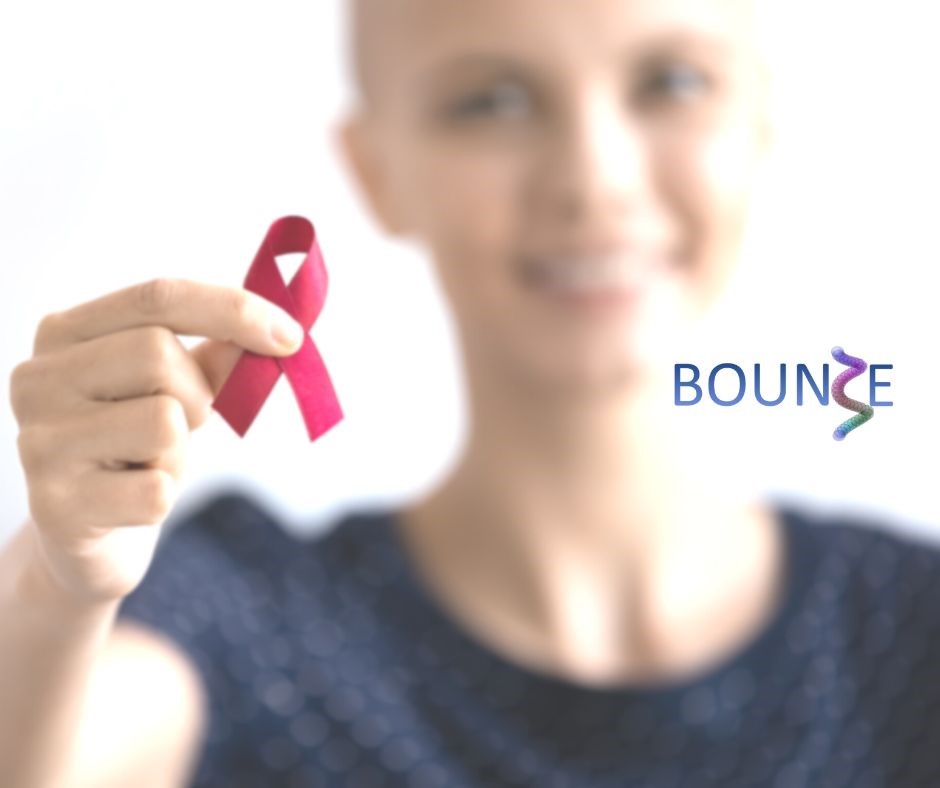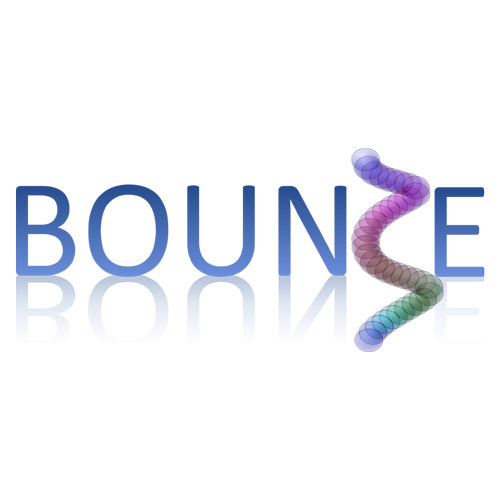During the past four and half years, it has been my privilege as the coordinator of BOUNCE to work with a skillful group of professionals. Our consortium consists of clinicians including psychologists and oncologists, and a technical team of modelers and IT experts. The core data source of BOUNCE is a prospective pilot study that took place in four different countries, namely Finland, Portugal, Israel, and Italy. Data consist of psychological questionnaires and information on sociodemographic background, lifestyle, and medical records.
At the end of the project, we have reached our goal to build a decision support tool to predict the resilience of women with early breast cancer. We have generated models to predict patients´ mental health and global quality of life, as complementary resilience outcomes, and identified different trajectories of patient well-being during the 18-month follow-up period. Our results have been and will be further disseminated widely in the academic community and different stakeholders, including clinicians, patient organizations, and cancer societies. The first response from clinicians in participating hospitals has been enthusiastic, and BOUNCE results have been appreciated as an opportunity to further develop the care path and operational models. Relying on BOUNCE models we will be able to offer customized, interventions when women need them most.
A significant observation highlighted by BOUNCE concerns a sizeable group of patients who appear to be resilient at the time of diagnosis, but develop persistent signs of poor mental health thereafter. Systematic resilience prediction would help especially this group, as their problems might not be detected otherwise.
We have plans for possible commercial as well as for internal exploitation of the BOUNCE tool and BOUNCE will also provide information about resilience through ongoing scientific publication and dissemination activities.
The BOUNCE tool developed in this project is a digital instrument for professionals, but digital services to be used by patients have also been generated as a part of BOUNCE. Data collection in the prospective pilot was done mainly digitally through the Noona platform where BOUNCE data collection questionnaires were embedded. We have tested the first version of the BOUNCE tool in Helsinki and developed digital intervention paths for patients together with psychologists, physiotherapists, and nutrition therapists. Notably, the COVID-19 pandemic has further emphasized the importance of digital services during the last two years.
During the project, we have learned much about resilience in early breast cancer. Moreover, BOUNCE data is a rich and unique source for further research into various aspects of resilience. The BOUNCE consortium will actively continue this collaboration in the future, and already many BOUNCE partners have jointly participated in new research calls with proposals inspired by the BOUNCE study. Thus, the work aimed at improving the well-being of breast cancer patients will surely continue.
By Paula Poikonen-Saksela, MD, BOUNCE Coordinator

During the project, we have learned much about resilience in early breast cancer. Moreover, BOUNCE data is a rich and unique source for further research into various aspects of resilience. The BOUNCE consortium will actively continue this collaboration in the future, and already many BOUNCE partners have jointly participated in new research calls with proposals inspired by the BOUNCE study. Thus, the work aimed at improving the well-being of breast cancer patients will surely continue.
